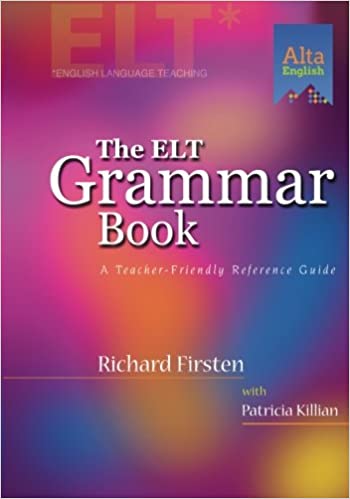Along with “would” and “could,” “should” is one of the three words often used in conditional sentences. Like “would” and “could,” should usually appears in the “then” part of a conditional sentence’s “if… then” grammar pattern.
Should also has quite a few uses outside of the conditional then-clause. Let’s look at the many uses of this valuable word in the grammar guide below:
Expectation: You can use “should” to talk about something you expect will happen in the future. “Should” is used to show that you are pretty sure something will happen, but not completely sure. If you are 100% sure that something will happen, then use “will” instead of “should.”
Examples:
It will be Christmas tomorrow, so you should get some nice gifts from your family.
The final exam shouldn’t be too hard for me. I’m pretty sure I studied enough.
Advice/opinion: “Should” can be used in similar ways to give someone advice, or to state a general opinion about what is right or good.
Examples:
Advice
This is a very good book; you should read it.
You shouldn’t talk to her right now; she’s very upset.
We should get a dog.
Opinion
Food shouldn’t be so expensive.
A woman should wear a white dress on her wedding day.
Substitute for the word “if” (in conditional statements): In my post on conditionals, you already saw that “should” can be used in a then-clause that goes with an if-clause. “Should” can also be in the “if” clause as a replacement for “if.” When you use “should” instead of “if” in a conditional if-clause, the whole sentence sounds much more formal. Because of this “should” is used as a substitute for “if” in a lot of legal statements. In each example below, I’ll show you a sentence with “if,” and then show you the same sentence, but with “should” instead of “if.” Because “should” makes a sentence more formal, I will make all of the language in the “should” sentence more formal. Pay attention to the little differences!
Examples:
If you have any problems, I’ll help you. >>>> Should you encounter any problems, I will assist you in resolving those problems.
If anyone breaks that law, they’ll go to jail. >>>> Should any individual violate that ordinance, said individual will be arrested and sent to jail.
Telling someone they did the wrong thing (with “have”): Sometimes, you might feel that someone missed an opportunity to do the right thing. To tell them what they did wrong, you can use “should” and “have.”
Examples:
You should have worked harder if you wanted to finish all the work by today.
I shouldn’t have eaten so much cake. Now I have a stomachache.
Unmet expectation (with have): You can use “should have” to describe a situation that is different than what you expected. This use is especially common when you expected that an event would already be in progress, but the event isn’t happening yet.
Examples:
That’s strange. They said the soccer game would start at 5pm, but it’s 5:30 and it hasn’t started yet. The soccer game should have started by now.
I just filled up my car tank. My car shouldn’t have run out of gas already!
A polite way of thanking someone (as “shouldn’t have”): The phrase “shouldn’t have” can be used to thank someone for doing something very kind that they didn’t actually need to do.
Examples:
You baked a cake for me? You shouldn’t have!
It was so sweet of him to send me flowers. He shouldn’t have.




Leave a Reply